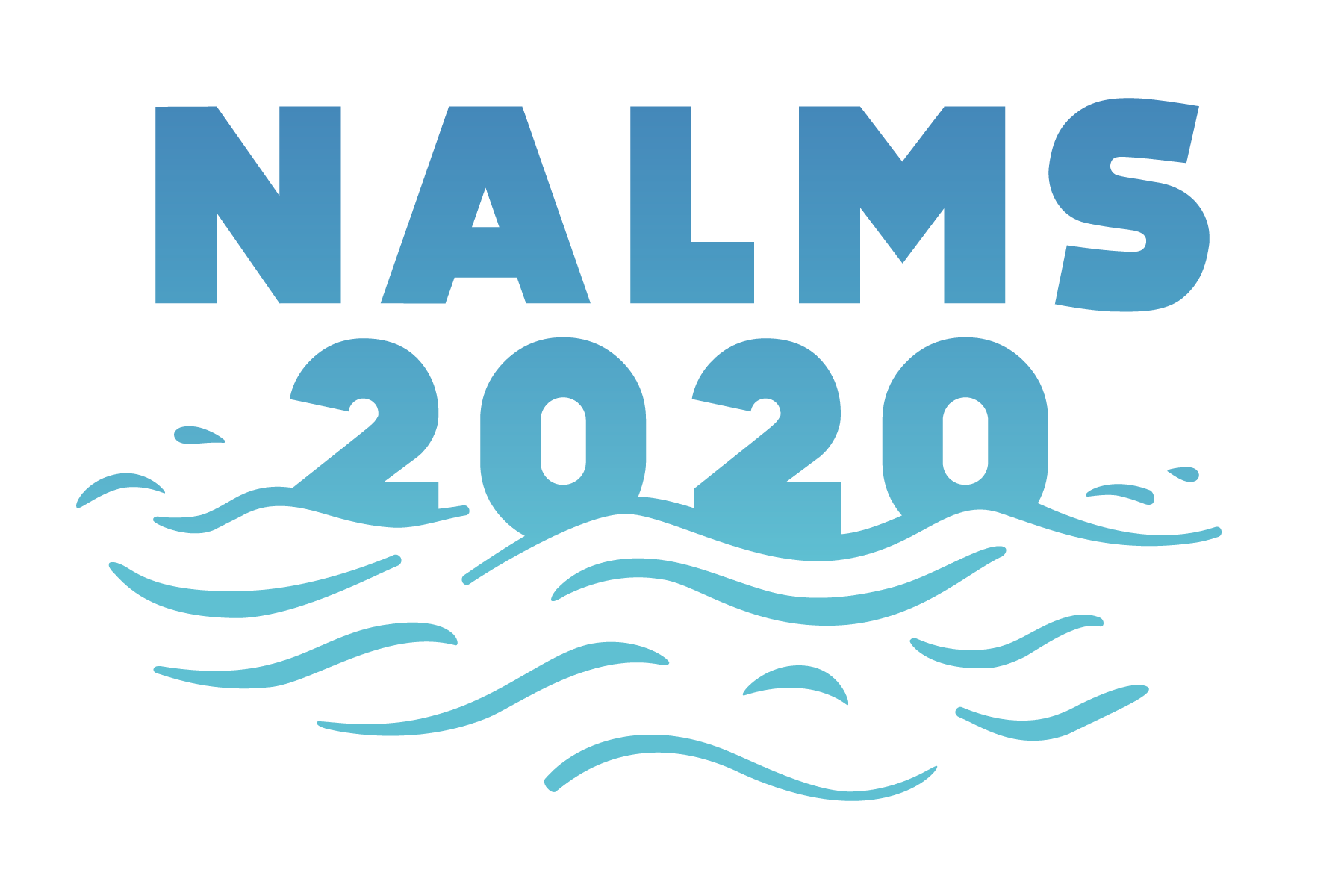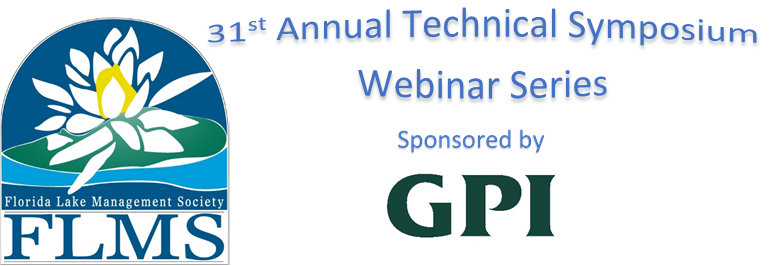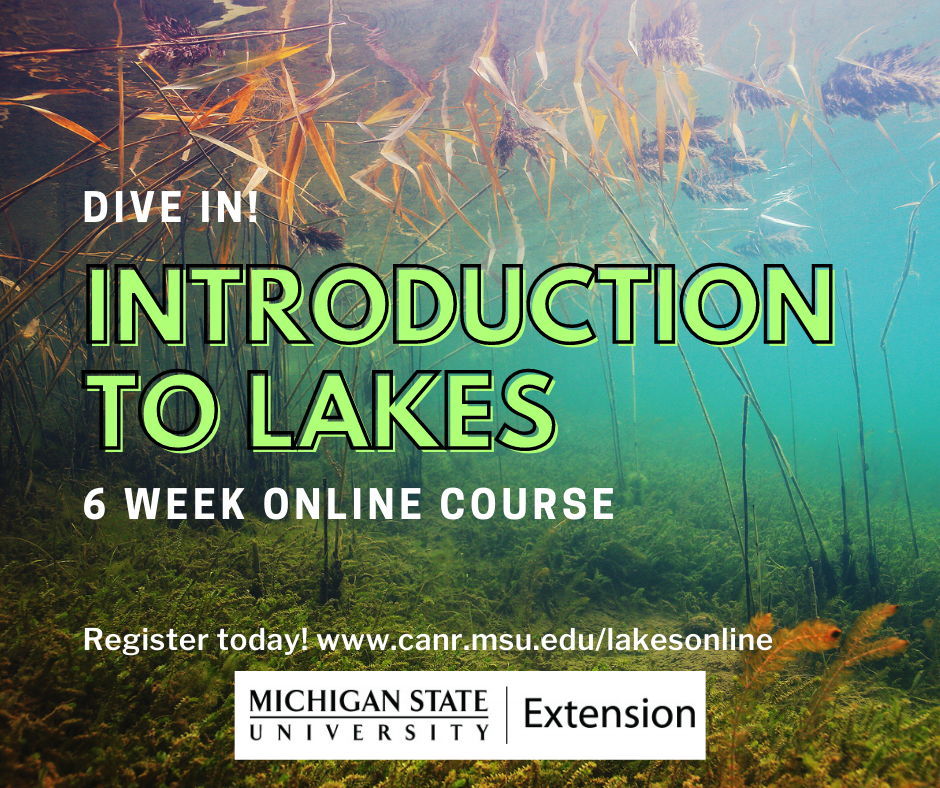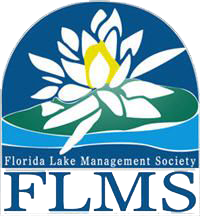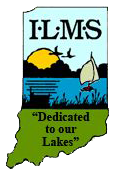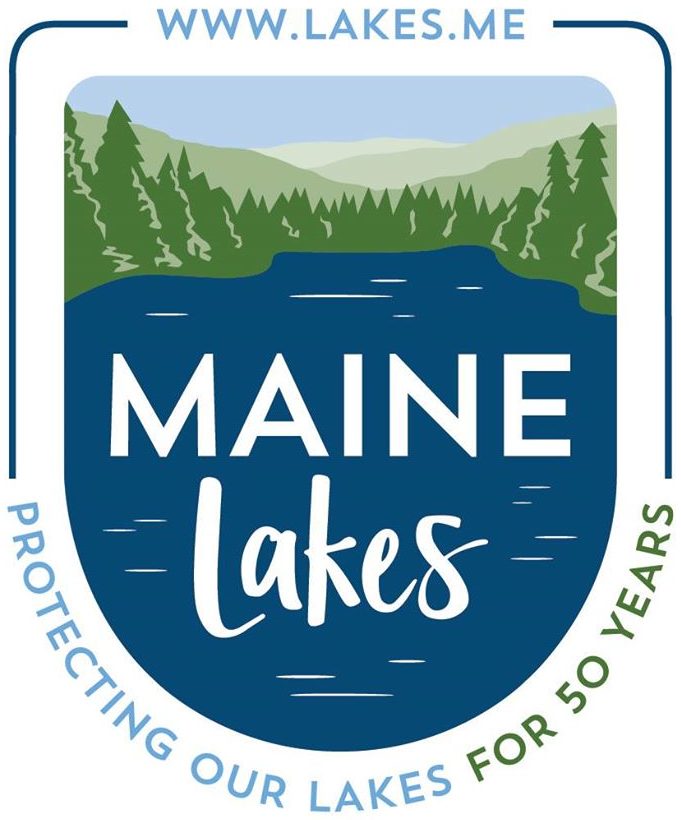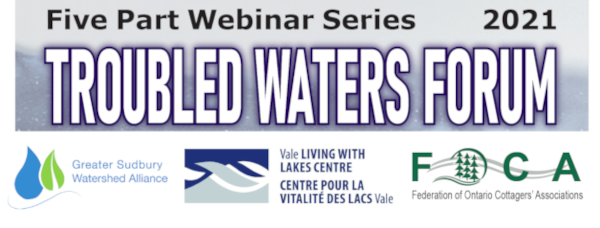Introduction to Statistical Analysis and Machine Learning in R
This workshop will provide a gentle introduction to the arcane world of R, covering topics useful for those with no prior exposure to the software as well as those interested in learning more advanced applications. This free, open source system for statistical computation and graphics has become the de facto standard for ecologists with more […]

